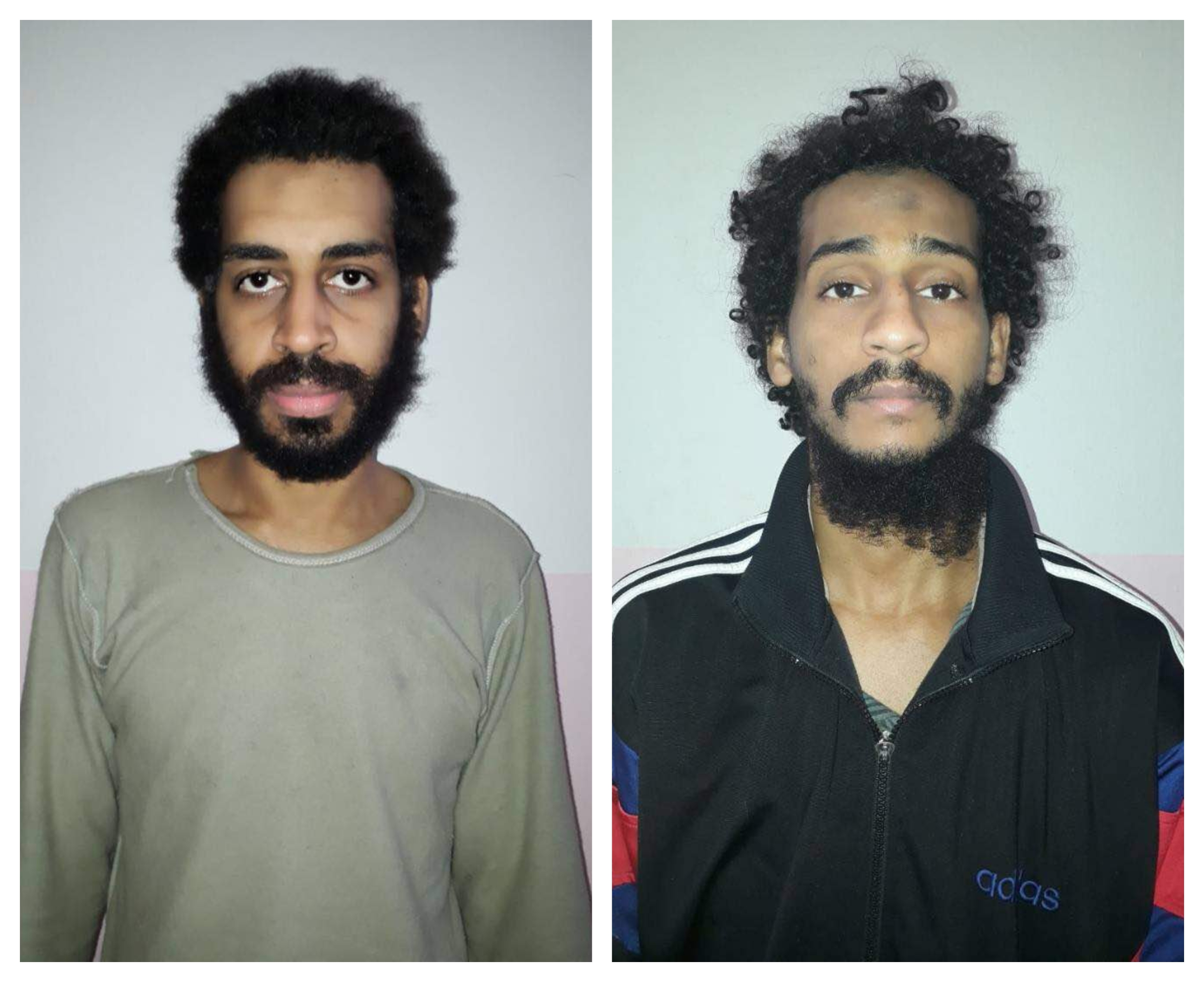Families of IS suspects fear death penalty risk from evidence given to US

A human rights group has warned the UK against providing evidence to the US in the case of two British Islamic State (IS) suspects without receiving assurances that the men would not receive the death penalty.
In evidence given on the second day of a hearing at the Supreme Court on Wednesday, the human rights organisation Reprieve warned that failing to receive assurances on the death penalty would set a dangerous precedent.
Elsheikh and Kotey, accused of belonging to a four-strong IS cell responsible for killing western captives in Syria, are currently being held in the north of the country by the Syrian Democratic Force (SDF).
They have been accused of involvement in the deaths of journalists James Foley and Steven Sotloff and British aid workers David Haines and Alan Henning.
“By abandoning its abolitionist stance, the UK government is undermining its own efforts to prevent the use of the death penalty across the world," said Reprieve director Maya Foa.
New MEE newsletter: Jerusalem Dispatch
Sign up to get the latest insights and analysis on Israel-Palestine, alongside Turkey Unpacked and other MEE newsletters
"Left as it is, this decision will have devastating impacts for people - including British people - facing execution around the world. Principles can’t be jettisoned when they become politically inconvenient.”
Lawyers for Maha Elgizouli, the mother of one of the men, El Shafee Elsheikh, told the UK Supreme Court on Tuesday that they had been informed by prosecution chiefs that - contrary to what they previously thought - there was enough evidence for Elsheikh and another detained British IS member, Alexander Kotey, to be tried in Britain.
Their arrest last year provoked controversy about whether the two should be tried in the UK or abroad - a controversy further compounded when it was revealed that then Home Secretary Sajid Javid said he would share evidence with US authorities without receiving reassurance that the men would not receive the death penalty.
A letter leaked to UK media in July 2018 revealed that Javid told US Attorney General Jeff Sessions that Britain had "strong reasons for not requiring a death penalty assurance in this specific case".
Speaking in court yesterday, a lawyer for Elgizouli argued that the decision by Javid - which they were challenging - would undermine the UK's previously stated policy of opposing the death penalty.
“Mrs Elgizouli is solely concerned to protect her son from the death penalty," said Edward Fitzgerald QC.
"She recognises the enormity of the crimes alleged against her son.”
The High Court ruled in January that the British government had not acted unlawfully by providing evidence to US authorities in Elsheikh's case.
"There is no general, common law duty on Her Majesty's Government to take positive steps to protect an individual's life from the actions of a third party and that includes requiring particular undertakings before complying with the [mutual legal assistance request]," said Lord Chief Justice Ian Burnett at the time.
It also dismissed claims that Javid had acted unlawfully by providing information which might facilitate the death penalty or substantially contribute to the risk of its imposition.
Middle East Eye delivers independent and unrivalled coverage and analysis of the Middle East, North Africa and beyond. To learn more about republishing this content and the associated fees, please fill out this form. More about MEE can be found here.




